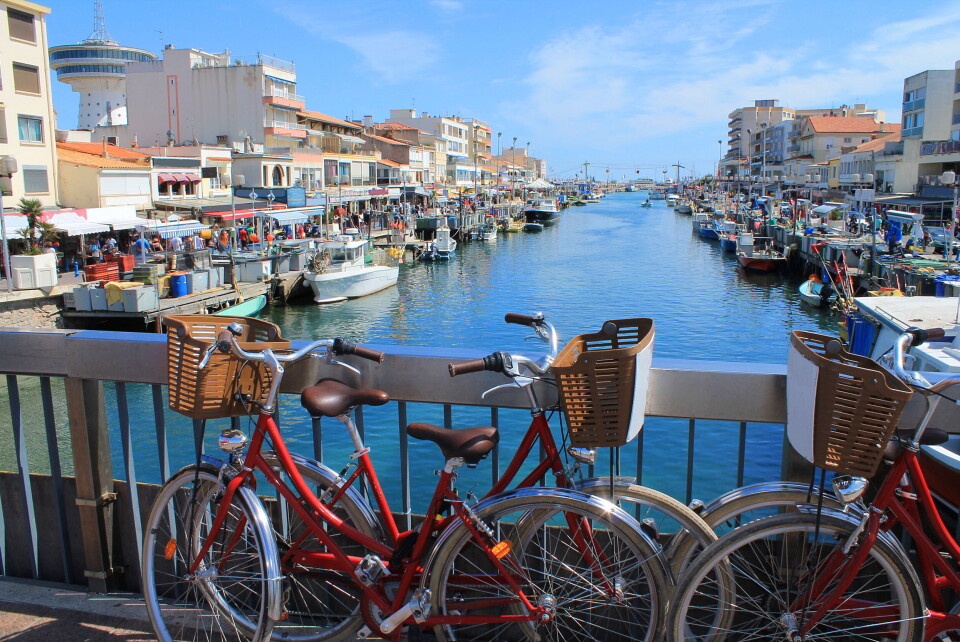-
What are penalties for not conforming with new septic tank request?
Some financial aid is available for homeowners needing to install new tanks
-
Are second homes in France a good investment?
Investment picture is variable depending on geographical location
-
See what €50,000, €200,000 and over €500,000 buys in Seine-Maritime
Towns and villages have distinct Norman French architecture
Property watch: Hérault - good value houses away from Montpellier
Charles de Gaulle turned a swampy department into a holiday playground with the fastest growing population in France in the last 50 years

Department 34 capital: Montpellier
Main cities/towns: Béziers, Sète, Lunel, Frontignan, Agde, Lattes, Mauguio, Castelnau-le-Lez
When, in the 1960s, Charles de Gaulle ordered that the beaches of Hérault be converted into holiday playgrounds to catch some of the tourists streaming into Spain, the technocrats in charge declared they had three things to conquer: swamps, wind and mosquitoes.
Ancient university and beaches
Drains sorted out the swamps and helped create marinas, trees were planted for windbreaks, and an agency, still in place, was set up to reduce mosquitoes to manageable levels.
Read more: Mosquitoes make their return in France - tips on keeping them away
Montpellier, the department capital, already had a large student population.
The added attraction of beaches a short bus ride away made the ancient university even more attractive.
Main towns in south
The Montpellier basin has seen one of the fastest population growths in France in the last 50 years.
Away from the beaches and city is a belt of agricultural land, dominated by vines, melons and early wheat, and then the Cévennes mountains.
As well as Montpellier, the main towns are in the south.
Sète is crammed onto a small piece of land between lake and sea, Agde is a new-build holiday resort, and Beziers, a little inland, dreams of the days in the late 19th century when it shipped trains of wine to Paris every day.
Read more: Tielle de Sète - Poor man’s pie that became a local French food icon
Autoroutes feed traffic towards Montpellier, Spain and Marseille.
Trains follow the same corridor, and Montpellier has its own airport, with international destinations including Gatwick and Luton by easyJet.
While the seaside resorts and cities have sky-high prices (think €250,000 for a tiny bungalow), there are houses to be had for €50,000 and less up in the mountains and in small villages away from the sea.
Related articles
Turtle lays 100 eggs on beach in southern France, tourists kept away
‘Slowdown ahead’: Five French property trends from latest notaire data
French property watch: Gard - new destination for early retirees
























